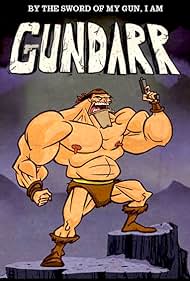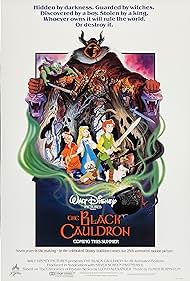The Tragedy of Man Soundtrack (2011)

Buy on Amazon Play and download Soundtracks
The Tragedy of Man
The Tragedy of Man
The Tragedy of Man
Synopsis
The Tragedy of Man is a play written by Imre Madách in the 19th century. It tells the story of Adam, who represents humanity, and his journey through history. Adam is granted the ability to travel through time and witness the rise and fall of civilizations, from ancient Greece to the French Revolution. He experiences the triumphs and tragedies of mankind, ultimately realizing the futility of human existence.
Throughout the play, Adam struggles to find meaning in a world filled with suffering and injustice. He questions the nature of good and evil, and the role of humanity in shaping its own destiny. As he witnesses the atrocities committed by mankind, Adam becomes disillusioned and loses faith in the possibility of a better future.
The Tragedy of Man is a powerful exploration of the human condition, and a reflection on the eternal struggle between hope and despair. It serves as a cautionary tale about the consequences of unchecked ambition and the destructive nature of power. The play ends with Adam realizing the inevitability of his own downfall, and the tragic cycle of history repeating itself.













